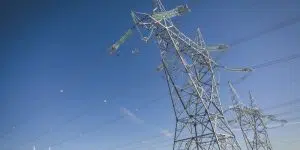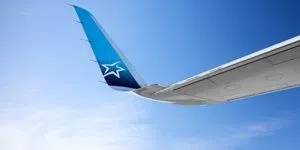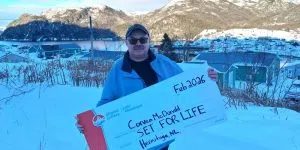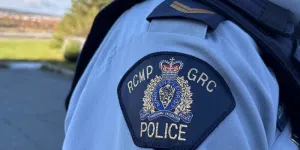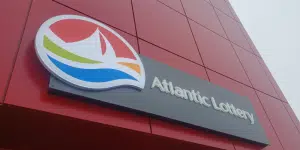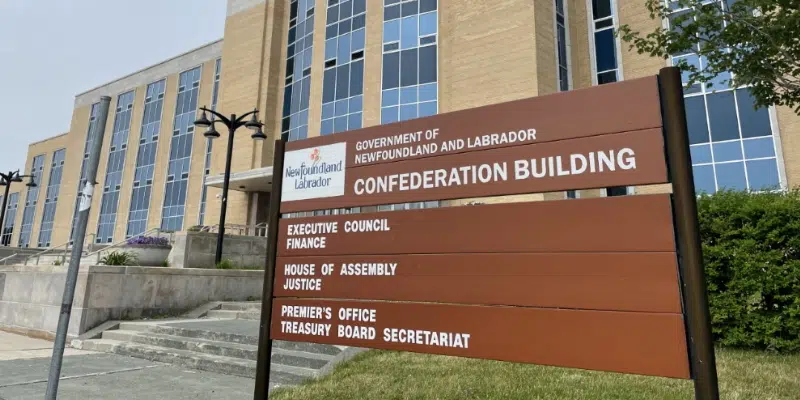For the first time in decades, the leaders of two G7 nations are meeting on Newfoundland soil, this time to forge co-operation on new sources of energy.
Prime Minister Justin Trudeau and German Chancellor Olaf Scholz landed in Stephenville late Tuesday afternoon.
Prime Minister Trudeau arrives at the Port of Stephenville, greeting some on his way in. @VOCMNEWS pic.twitter.com/c1CTt0F9Av
— Gerri Lynn Mackey (@GerriLynnMackey) August 23, 2022
They are there, along with top German and other big business CEOs, to announce an agreement toward harnessing the province’s wind energy to produce green hydrogen for export.
The Canada-German Hydrogen Alliance signals co-operation on renewable energy, specifically wind-to-hydrogen projects, to help meet the energy needs of Germany.
The MOU is being touted as an important step toward the province providing its renewable energy resources to Europe and beyond.
The future supply of green hydrogen is of great interest to Germany and other European nations as an alternative to Russian oil and gas.
Earlier Tuesday, Trudeau confirmed a separate deal with automobile giants Mercedes-Benz and Volkswagen for the supply of batteries and electric vehicles.
The deal with Volkswagen focuses on deeper co-operation on sustainable battery manufacturing, mineral supply, as well as setting up a Canadian office for PowerCo, Volkswagen’s newly formed battery company.
The Mercedes-Benz agreement focuses on enhancing collaboration with Canadian companies along the electric vehicle and battery supply chains.
It follows a supply deal recently signed between Vale and Tesla, using nickel mined at Voisey’s Bay to manufacture batteries for its electric cars.







